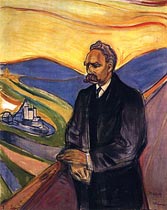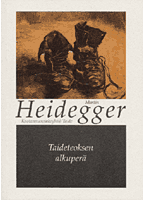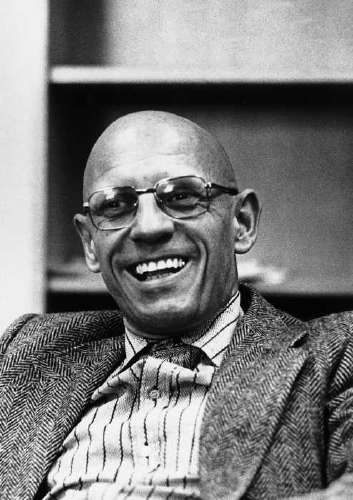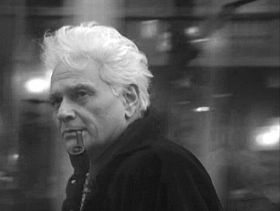|
|
|
CRITICAL THEORY AND CONTINENTAL AESTHETICS (Art
508 / Phil 508)
Spring 2008 | R 5:30-8:20 AA206
Instructor: Dr. Iván Castañeda | Office AA113 | 885-4758
| ivanc@uidaho.edu
Office Hours: noon-1:00 MWF and by appointment
http://www.uidaho.edu/visualculture/
Texts:
• Clive Cazeaux, ed., The Continental Aesthetics
Reader (Routledge, 2000)
• David Macey, The Penguin Dictionary of Critical Theory
(Penguin, 2001)
• Kelly Oliver, ed., The French Feminism Reader (Rowan
& Littlefield, 2000)
• Martin Heidegger, The Question Concerning Technology,
and Other Essays, tr. William Lovitt (Harper & Row, 1977)
• Giorgio Agamben, The Open: Man and Animal, tr. Kevin
Attell (Stanford University Press, 2004)
• Darian Leader and Judy Groves, Introducing Lacan,
3rd ed. (Totem Books, 2005)
• Charles J. Stivale, ed., Gilles Deleuze: Key Concepts
(McGill-Queen’s University Press, 2005)
• Elizabeth Wright and Edmond Wright, eds., The Zizek Reader
(Blackwell, 1999)
• Jacques Derrida, Points: Interviews, 1974-1994, translated
by Peggy Kamuf and others, edited by Elisabeth Weber (Stanford University
Press, 1995)
Description: This seminar will introduce
and examine principal texts of critical theory and aesthetics from
the major figures in continental thought. The texts and theoretical
frameworks we will study and discuss
encompass the most foundational, innovative, and influential thinking
on critical theory, aesthetics, literary
theory, film and media studies, architectural theory, visual studies,
and cultural studies within the modern
and postmodern eras. Throughout the semester students will become critically
engaged with the texts and
vocabulary of critical theory as they become familiar with the most
relevant and critically rigorous
theoretical strategies articulated today. Students will be encouraged
to address the possible relevancy and
application of the various theoretical frameworks within the purview
of their own aesthetic and critical
disciplines. Topics to be examined in terms of critical theory and aesthetics
will include: Kantian and Hegelian aesthetics; Phenomenology and Hermeneutics;
Marxism and Critical Theory; Modernism, Postmodernism, and Postcolonialism;
Poststructuralism and Deconstruction; Psychoanalysis; Feminism, Postfeminism,
and Queer Theory. Writers considered include Immanuel Kant, Friedrich
Nietzsche, Søren Kierkegaard, Henri Bergson, Martin Heidegger,
Jean-Paul Sartre, Walter Benjamin, Theodor Adorno, George Bataille,
Emmanuel Levinas, Maurice Merleau-Ponty, Jacques Lacan, Hans-Georg Gadamer,
Michel Foucault, Roland Barthes, Guy Debord, Louis Althusser, Jürgen
Habermas, Fredric Jameson, Jacques Derrida, Jean Baudrillard, Jean-François
Lyotard, Gilles Deleuze and Félix Guittari, Christian Metz, Julia
Kristeva, Luce Irigaray, Hélène Cixous, Judith Butler,
Slavoj Zizek, and Giorgio Agamben.
Requirements: Attendance, given that
this is a weekly seminar, is obviously crucial for success in the
course. Students will be expected to participate in weekly class discussions
on assigned readings. In
addition, there will be weekly assignments on a rotating basis for reports
on specific readings and topics. Students will write a final paper (12-16
pp.) based on a topic to be discussed with instructor.
|
|
 
 
|

